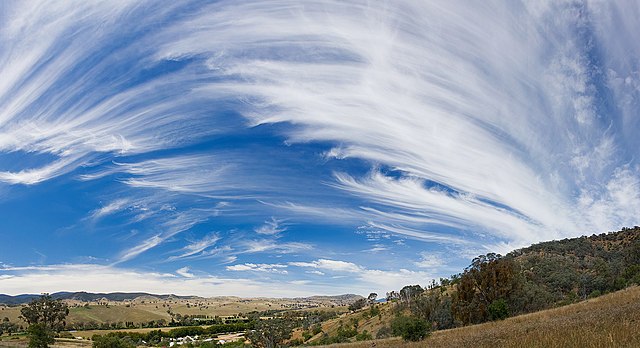Ghana capital Accra has two major seasons, the dry and rain seasons. The dry season begins in December and ends in April. The rain season occurs between May and November. Like elsewhere in Ghana, Accra does not experience extreme temperatures. The weather is fairly constant throughout the year with temperatures ranging from 26 degrees to 34 degrees.
EXCEPTIONS
The Harmattan is a dry, dusty continental wind that originates in the Bodélé Depression in the Chad basin. Ghana experiences the Harmattan from November to March, when it replaces the main south-westerly maritime monsoon wind.
During the dry season, when the Harmattan blows, the sun is at its lowest. The subtropical ridge of high pressure is still over the central Sahara during this season, while the low-pressure Intertropical Convergence Zone is still over the Gulf of Guinea. As the Harmattan crosses the Sahara, it collects little particles of dust and sand. It is sometimes called the “doctor wind” because, in contrast to humid tropical air, it is refreshingly dry.
The air is very dry and desiccating as the Harmattan passes over the region. By lowering humidity, spreading cloud cover, inhibiting rainfall, and occasionally creating massive dust clouds that can trigger sandstorms or dust storms, the Harmattan creates weather that resembles a desert. Wind can increase the risk of fire and cause major damage to crops. The Harmattan’s interaction with monsoon winds can produce tornadoes.
PERSONAL SAFETY
Prepare for emergencies in your home. In the event of a storm, have a minimum of two alternate routes for evacuation and meeting locations. If things drastically change, keep an eye on the local media because updates will be given. Ghana Meteorological can be reached at 03279991440 if you need further information on the weather. When there is a lot of rain, people shouldn’t be on the roadways. Be very careful if you have to be outside. Avoid driving your car into places where the road is wet.
